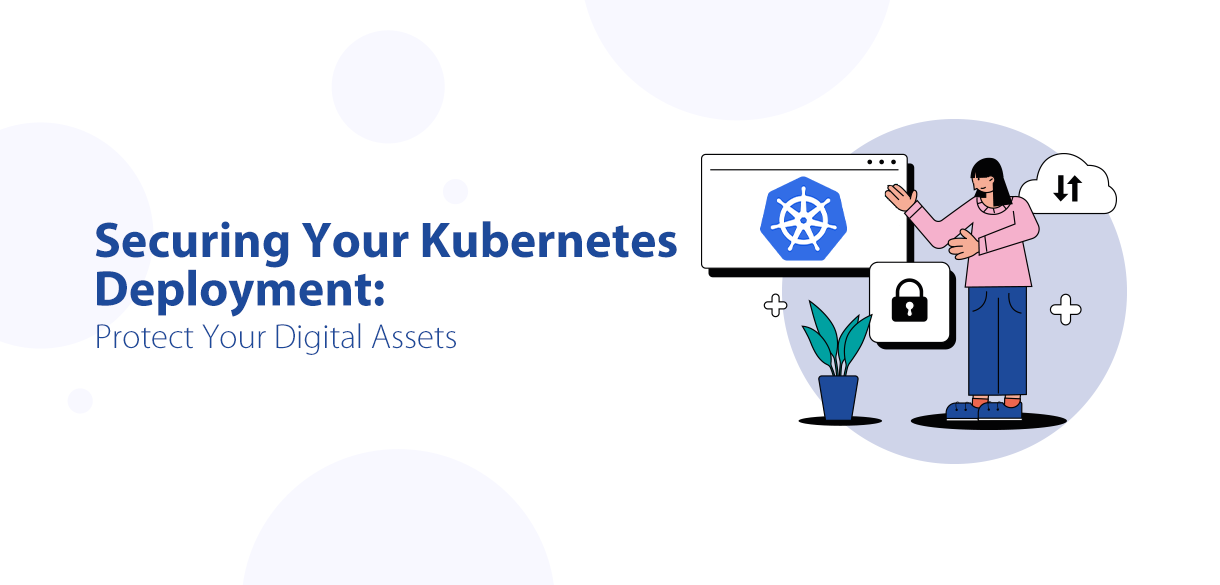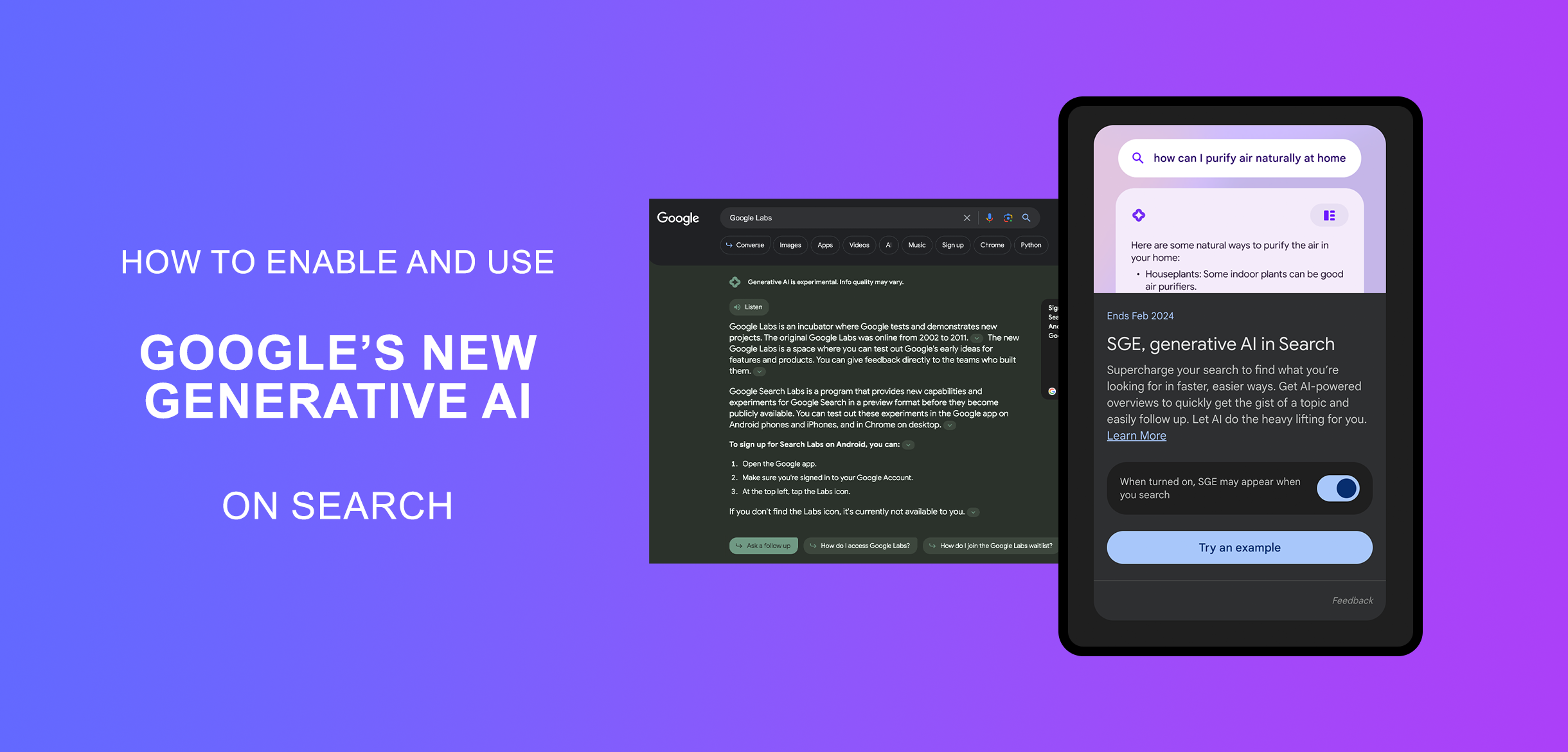Artificial Intelligence (AI) and Blockchain are powerful forces in the digital ecosystem, impacting various industries and societal interactions. Their convergence opens up new possibilities, such as revolutionizing supply chain logistics, healthcare, and cybersecurity. AI enables machines to make decisions and support humans, while Blockchain provides a secure and transparent distributed ledger.
The combination of AI and Blockchain is not just the sum of their strengths, but a multiplication of their impact. The seamless integration of AI in Blockchain is set to revolutionize problem-solving and decision-making approaches, boosting security transparency and transforming industries. This blog explores the synergies between AI and Blockchain, revealing how their combination boosts security transparency, transforms industries, and increases efficiency and innovation.
Understanding AI and Blockchain:
Artificial Intelligence, with its ability to mimic human intelligence, analyze vast datasets, and make informed decisions, has already demonstrated its prowess in revolutionizing industries such as healthcare, finance, and manufacturing. On the other hand, Blockchain, a decentralized and secure ledger technology, has gained prominence for its ability to provide transparency, immutability, and trust in transactions.
Integration Benefits:
-
Enhanced Security:
Blockchain's inherent security features, including encryption and decentralized consensus, complement AI's data protection capabilities. This integration ensures that sensitive data used by AI algorithms remains secure and tamper-proof.
-
Data Integrity and Transparency:
Blockchain's decentralized ledger ensures the integrity of data used by AI models. This is particularly crucial in applications such as supply chain management, where transparency and traceability are paramount.
-
Decentralized AI Models:
Integrating AI and Blockchain allows for the creation of decentralized AI models. This means that AI algorithms can operate on a network of nodes, enhancing scalability, reducing single points of failure, and promoting a more democratized access to AI capabilities.
-
Smart Contracts for Automated Transactions:
Smart contracts, self-executing contracts with the terms of the agreement directly written into code, can automate and streamline transactions within AI systems. This not only reduces the need for intermediaries but also ensures efficiency and accuracy in contract execution.
-
Tokenization of AI Assets:
Blockchain facilitates the tokenization of AI models, allowing for the creation of AI-based assets that can be easily traded, shared, or rented. This opens up new avenues for collaborative development and monetization of AI solutions.
-
Data Marketplace:
Blockchain enables the creation of decentralized data marketplaces where individuals can securely share and monetize their data. AI developers can access diverse and high-quality datasets, fostering innovation and improving the performance of AI models.
Use Cases:
-
Healthcare:
The integration of AI and Blockchain can revolutionize healthcare by ensuring the secure and transparent sharing of patient data, enabling AI algorithms to provide personalized treatment plans and diagnoses.
-
Supply Chain Management:
Blockchain's transparency and traceability combined with AI's predictive analytics can optimize supply chain processes, reducing inefficiencies, minimizing fraud, and enhancing overall supply chain resilience.
-
Financial Services:
Smart contracts on the Blockchain can automate complex financial transactions, while AI algorithms analyze market trends, providing more accurate risk assessments and personalized financial advice.



